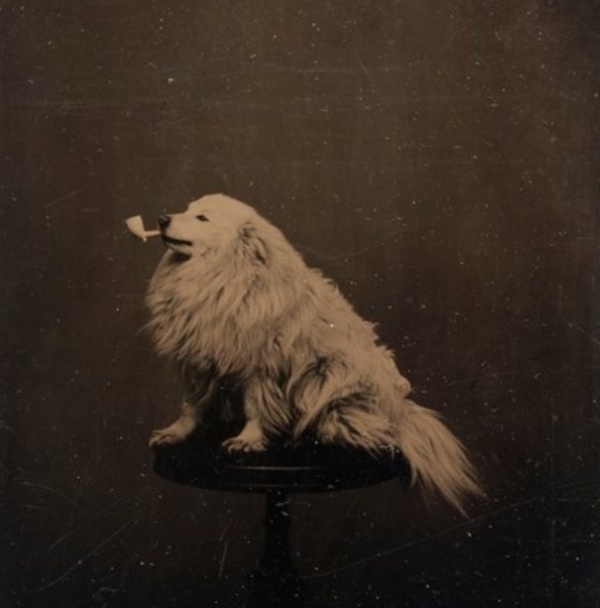
Over at Choctaw Nation, a great analysis of Amerind tobacco use:
Many Choctaw men also had their own personal pipes. Most of these were smaller and less elaborate than the council pipes, calumets, or war pipes. At least some of them had short stems of hollow river cane. These personal pipes were smoked in individual prayer or reflection. They were also smoked at times when supernatural aid was sought. When Choctaw men met each other out away from home, if one had a pipe and tobacco, it was customary for him to sit down and share it with the other travelers.
Choctaw men smoked in the same way humans have always smoked pipes: for contemplation, during prayer, or when seeking relaxation. Tobacco is part of their community, their way of life, and their cultural values system. And yet, the Nanny State of Big Government (NSOBG) has determined it will impede their access to pipe tobacco:
This means that the FDA is tossing pipe tobacco and cigars in with cigarettes. There is no effort to refine the law or regulation to show that the Surgeon General’s latest report says that smoking either a pipe or a cigar has relatively the same health risks as those who do not smoke.
So, “deeming” is skewed right from the start by FDA, citing its mandates from Congress, which, by the way, loves its cigars, too.
Cigars, along with pipe tobacco, recently became a “deemed” product by the FDA, which claims to be carrying out the mandates of the 2009 Tobacco Control Act, better known as the Family Tobacco Protection Act, which gave the FDA jurisdiction over tobacco products.
Rack up another one for the Antis.
Any tobacco blend which did not exist in 2007, or has been deemed to have changed since then, has to go through an approval process. On the surface this sounds benign, as if helpful bureaucrats were looking out for our welfare. In reality, it is a measure designed to choke the industry:
In theory, this review process ensures that any new products introduced to market are no more dangerous than what is already for sale. In practice, it halts the introduction of new products, trapping applications in interminable bureaucratic limbo. The history of FDA cigarette regulation shows that cigar smokers are right to be concerned.
A 2012 investigation by the Associated Press found that the FDA had received nearly 3,500 of these “substantial equivalence” applications since the law took effect in 2009. The agency was expected to rule on these applications within ninety days of receipt. At the end of 2012 it had issued zero rulings, with many applications lingering for years.
Are there exceptions for the Choctaw? No, because this law covers tobacco manufacturers who want to sell their product in the USA. This means that every manufacturer will either comply with the law and its estimated costs of $300,000 per blend to get pipe blends approved, or cease making them, except for blends pre-existing since 2007 which have not changed in the FDA’s eyes; the FDA has not published definitive information on how it makes this determination.
Who supports this legislation? Cigarette makers:
According to NCPPR’s risk analysis director, Jeff Stier, the regulation could require all electronic cigarettes that came to market after February 15, 2007, which is essentially all of them, to be removed from the market unless they win onerous pre-market approval.
“This,” Stier said, “would give deadly old-school combustible cigarettes an almost insurmountable competitive advantage.” “The regulation would have the effect, intended or not, of taking e-cigarettes away from former smokers who quit smoking by using these less harmful alternatives.
Under the guise of “protecting families,” this new deeming rule is actually designed to eliminate competition for the existing and approved tobacco blends in cigarettes. This causes people to avoid the safer methods of tobacco consumption like pipes and cigars, and turn instead to mass-produced, additive-laden cigarettes.
Keep in mind that the FDA makes no promises about taking action to approve any product, leaving smaller manufacturers facing bankruptcy while they wait for regulatory approval:
The only incentive for FDA to act on such submissions within a year is apparently to meet its own, as yet unspecified, “performance goals.”
What this means for the Choctaw is that their tribal tradition has been regulated out of existence by the FDA, resulting in higher costs, lower availability, and more delays. A ten thousand year tradition has been obliterated by the act of government, which believes it is acting in the interests of the “general welfare” of its population.